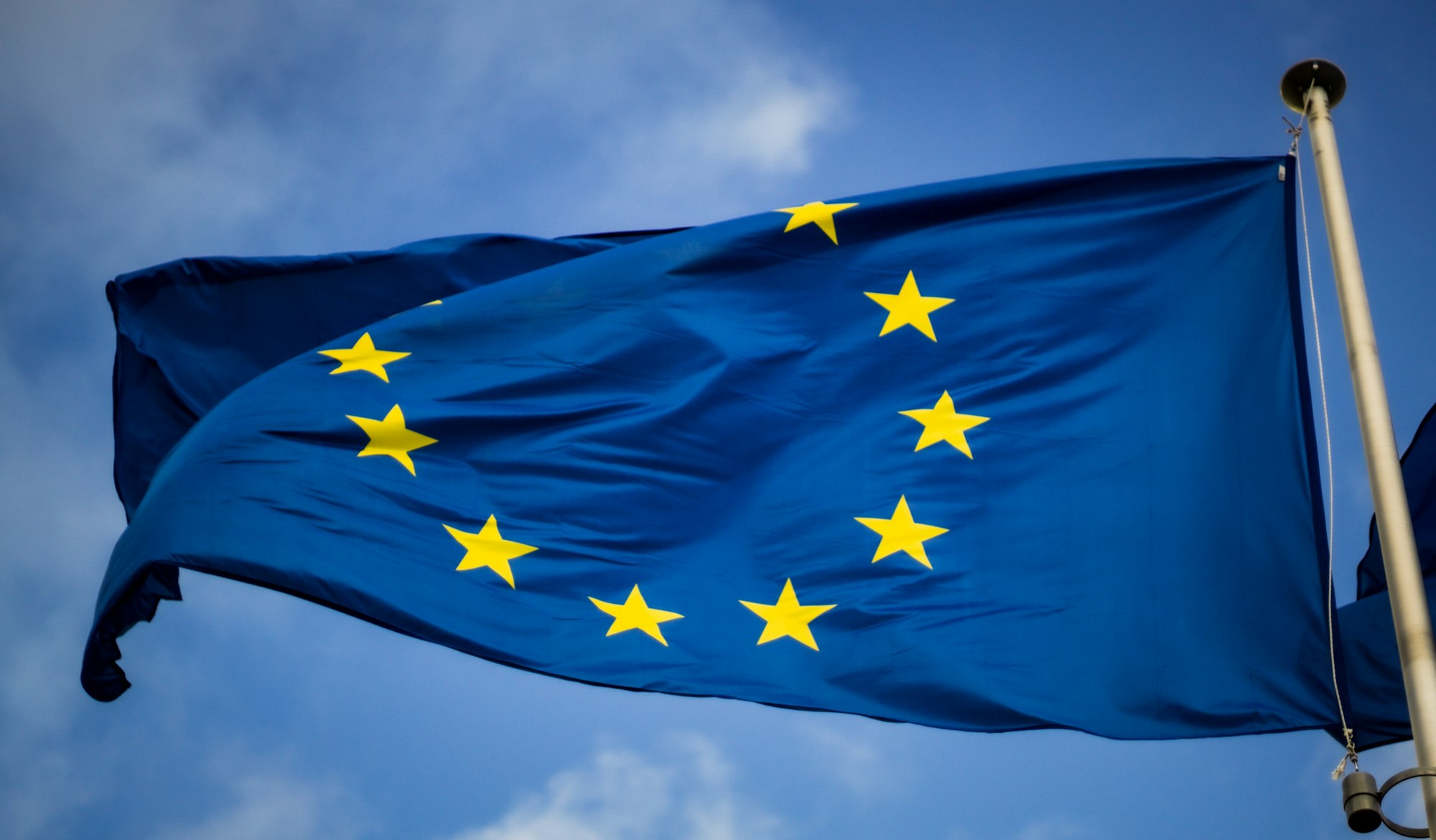Are you Breaking the Law?
This article takes a look at some real-life examples of companies that faced penalties for non-compliance and what organizations can do to avoid similar consequences.
In the age of digital transformation, organizations are collecting more data than ever before. With this growing amount of personal information, there is an increased risk of data breaches and privacy violations. To address these risks, data privacy regulations like the European Union's General Data Protection Regulation (GDPR) and California's Consumer Privacy Act (CCPA) have been put in place. These regulations are designed to protect the rights of individuals and ensure that their personal information is kept secure.
However, not all organizations are following these regulations, and the consequences of non-compliance can be severe. In this article, we'll take a look at some real-life examples of companies that faced penalties for non-compliance with GDPR and CCPA, and what organizations can do to avoid similar consequences.
1. Real-Life Examples of Companies Facing Penalties for Non-Compliance:
- British Airways: In 2019, British Airways was fined £183 million by the Information Commissioner's Office (ICO) for a data breach that exposed the personal information of over 400,000 customers. The breach was caused by a vulnerability in the company's website that allowed hackers to steal sensitive information. The ICO found that the company failed to adequately protect its customers' information, leading to the fine.
- Marriott International: In 2019, Marriott International was fined £99 million by the ICO for a data breach that exposed the personal information of over 339 million guests. The breach was caused by a vulnerability in the Starwood Hotels reservation system that allowed hackers to steal sensitive information. The ICO found that the company failed to adequately protect its guests' information, leading to the fine.
- Google: In 2019, Google was fined €50 million by the French data protection authority (CNIL) for violating the GDPR. The company was found to have failed to provide its users with clear and concise information about how their personal information would be used. The CNIL also found that the company failed to obtain valid consent from its users for the processing of their personal information.
2. What Organizations Can Do to Avoid Consequences of Non-Compliance?
To avoid the consequences of non-compliance with GDPR and CCPA, organizations need to take the following steps:
- Familiarize themselves with the regulations and understand their obligations under the law.
- Conduct regular data protection impact assessments (DPIAs) to identify and mitigate risks to personal information.
- Ensure that the company has adequate security measures in place to protect personal information.
- Provide clear and concise information to customers about how their personal information will be used.
- Obtain valid consent from customers for the processing of their personal information.
In conclusion, organizations need to be aware of the consequences of non-compliance with data privacy regulations like GDPR and CCPA. With growing concerns about data privacy, companies need to take the necessary steps to protect the personal information of their customers. By familiarizing themselves with the regulations, conducting regular DPIAs, and taking appropriate security measures, organizations can avoid the penalties associated with non-compliance and build trust with their customers.
Sources:
- European Union General Data Protection Regulation (GDPR)
- California Consumer Privacy Act (CCPA)
- Information Commissioner's Office (ICO)


